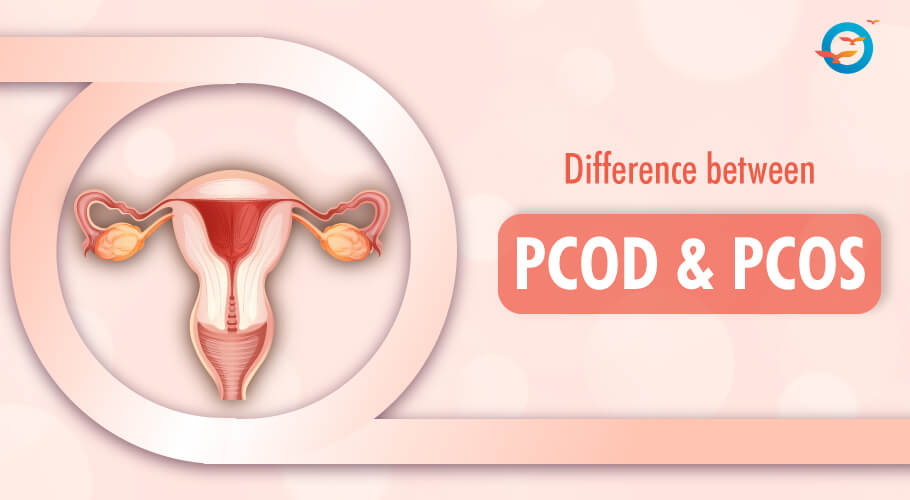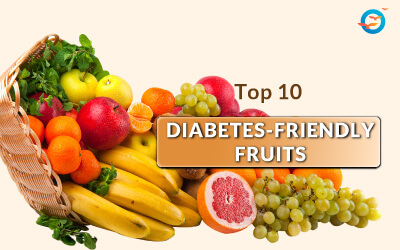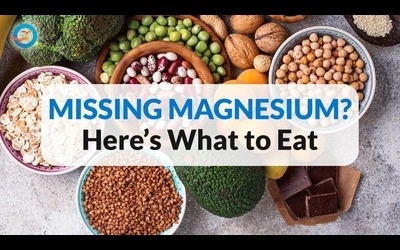The difference between PCOD & PCOS- FFD

About one in three women across the world suffer from Polycystic Ovarian Disease (PCOD) or Polycystic Ovarian Syndrome (PCOS). As both conditions are linked to the ovaries and hormones they are often used interchangeably, but there are major differences between the two, and knowing the difference can help sufferers understand what course correction they need to take.
PCOD. Women all have two ovaries, in healthy adult women of childbearing age, these ovaries release an egg alternately every month. In addition to the eggs, the ovaries also produce very small quantities of androgens and male hormones.
In women who suffer from PCOD, the ovaries release immature eggs, which are not released. Instead, they grow into cysts, further hampering the production of mature eggs. As the cysts grow, the ovaries become larger and begin releasing larger volumes of androgens, further compromising the patient’s fertility. This condition is usually a result of unhealthy diets, excessive weight, and a generally unhealthy lifestyle. And, with proper guidance, it can be reversed by reversing these unhealthy habits.
As in PCOD, PCOS too sees ovaries producing higher levels of androgen. This affects the development and release of the eggs. Eventually, these immature eggs go on to become cysts, which grow and cause the ovaries to get enlarged. PCOS is classified as a metabolic disorder with the endocrine system. The higher production of androgens and cystic eggs ultimately leads to irregular ovulation. Of the two, PCOD is definitely the milder
PCOD vs PCOS Know the Difference
Cause
PCOS is an endocrine disorder; whereas PCOD is a result of hormonal imbalance. PCOD is far more common in women than PCOS
In both cases, hormone problems and genetics play a role in compromising the ability to produce eggs normally.
Effect on Pregnancy
PCOD doesn’t cause infertility in women, and is, thus, not an obstacle in becoming pregnant, although most women suffering from PCOD do need a little aid to experience a smooth pregnancy. PCOS brings major challenges in conception.
Conception requires a balanced hormonal cycle that creates the right environment for the egg, post intercourse. Because of the high levels of androgens in PCOS, this environment is not possible, leading to difficulty in conception. On the other hand, women with PCOD are able to ovulate and so can still conceive.
Other Health Problems
Although PCOD is believed to be caused due to obesity and unhealthy lifestyle habits, it doesn’t bring other health complications, in itself. Whereas, PCOS is known to cause other health problems in addition to infertility/pregnancy problems, such as diabetes, heart disorders, hypertension, and obesity.
Symptoms
PCOS patients; symptoms are noticeable in adolescence itself; these include belly fat, excessive hirsuteness, excessive facial hair and acne—these are a result of the high levels of male hormones
As PCOD doesn’t have as high a level of male hormones, the symptoms are far less noticeable and also do not occur as frequently.
Takeaway
Both PCOD and PCOS are a result of hormonal imbalance affecting the ovaries, but PCOS is by far the more severe. However, timely detection can help in getting the right treatment. Both conditions are positively impacted with a proper nutritious diet and fitness regime. These can help lower inflammation in the body, lower blood sugar levels, and generally help shed excess weight. In any event, should you notice excessive lower abdomen pain during periods, high hair growth, irregular menses, or any of the symptoms mentioned here, please do seek medical help.
FFD’s Holistic Transformation Program and our Weight Loss Programs have helped many, many participants reverse their health issues and go on to live full and happy lives. For more information, please visit us as www.freedomfromdiabetes.org


